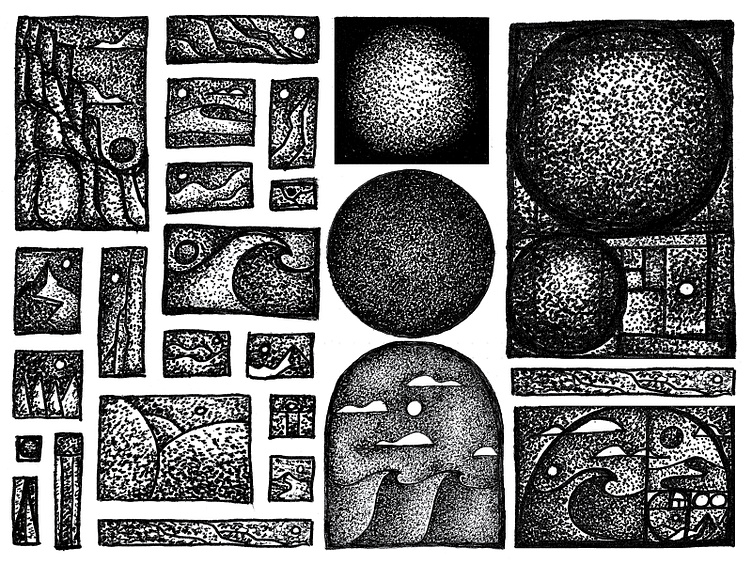How I Scan in my Artwork 👇
⚡️ Happy Friday! The day I share something I enjoyed creating this week. This week, I'm talking about how I scan in my artwork and why I use the TIFF file format to maintain the highest quality for editing in Photoshop. For more on my process find me on INSTAGRAM.
Scanning my artwork is one of my favorite parts of the illustration (and design) process. As you can see, I also like to clean them up, adjust the levels, and get them ready for what I do next, which is to draw on top of them in Photoshop, Procreate, or Illustrator.
My process is pretty simple. I have a flatbed scanner (credit to Von Glitschka), and I always scan at the highest resolution possible. These were done at 1200 dpi! If you have the option, always choose the file type to be in .tiff format. This file type gives you the most pixel information you can get out of a scan, but the file sizes are also huge.
Here are a couple more reasons to use the TIFF format:
Quality
I use TIFFs because they keep all the fine details of my artwork intact, thanks to their larger file size, which means better quality.
Editing
TIFFs allow me to edit and re-save my artwork without losing any quality, making them perfect for tweaking and refining my pieces.
Compression
TIFFs compress really well, which is great for scanning my artwork and ensuring the files remain manageable without sacrificing detail.
Compatibility
TIFFs are supported by most modern operating systems, so my artwork stays accessible no matter how technology changes.
Hope this info helps someone out there! Create more than you consume this weekend! ⚡️
